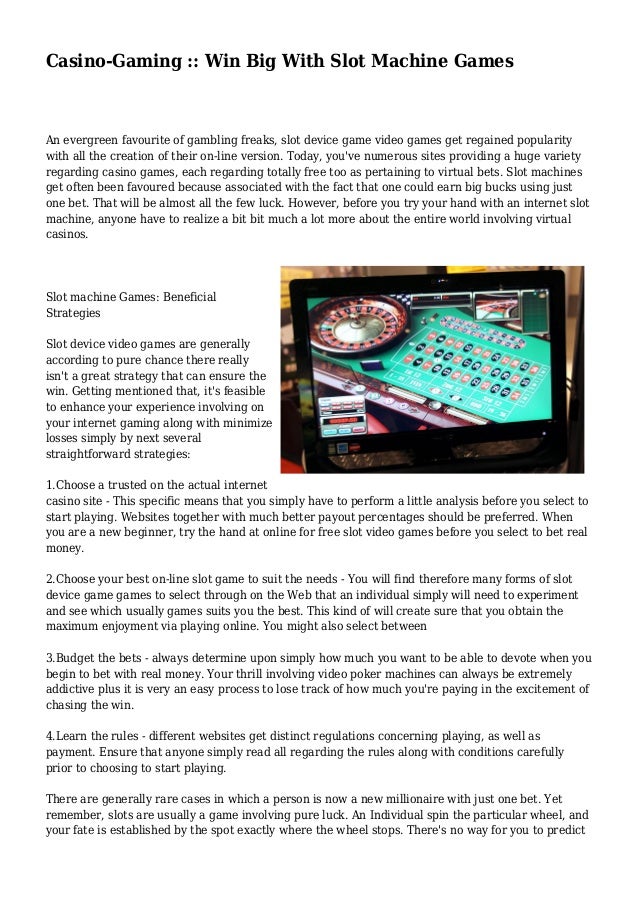Hand Payout Slots

Huge Hand Payout Slots In Las Vegas
/GettyImages-107697684-94b42c6677cb4e69be31097248d561d8.jpg)

A hand pay (or handpay) is a condition where a slot machine cannot pay the patron in the typical manner, requiring the casino staff (such as the floor attendant or cashier) to pay the customer out manually (i.e., by hand).

In casinos which use coin in, coin out systems, a hand pay may be caused by a coin jam, inadequate supply of coins in the machine's hopper to pay the requested amount, or another problem with the coin out mechanism. A hand pay can also be triggered when the win is large enough that the number of coins required to pay out the win would be excessive.
Hand Payout Blazing 7s Slots
In casinos that use ticket in, ticket out (cashless) systems, a hand pay can be caused by communication or other issues with the ticket printer. More frequently, it is caused by communication problems with the server which tracks and assigns ticket serial numbers.

Gameplay[edit]
There are two ways to look at the best payout online slots. Certainly, a game such as Bloodsuckers by NetEnt will be on top of your list with 98% in RTP. Yet, it’s possible that fewer casinos feature it. The dynamic of a game also matters. Some slots have a better RTP, but they pay less often, due to a poorer hit ratio. Amaya slots are by far and away the worst slot machines for payouts with a 92% RTP average (more on that later). NetEnt make the most player friendly slot games averaging a 96.51% payout percentage. The majority of companies are within 1% of each other setting an online industry standard of about 95% for slot payouts.
Hand pays also occur whenever the amount of the win is over the minimum taxable win amount for the jurisdiction that the machine is in. Hand paying allows a floor attendant to collect the patron's identification and tax ID numbers (such as the Social Security number in the United States), and other pertinent information, such as the winning combination. The patron is then provided with the applicable tax forms. In the United States, a hand pay will normally occur for all wins over $1,200, which is the amount above which winnings must be reported to the IRS; some states may have lower thresholds where the taxes must be reported to the state revenue office. Citizens of the United States winning in that country will receive a W-2G tax form, and often a W-9 form to validate that the Social Security number they provided is correct.
To perform a hand pay, a floor attendant may complete a form which the patron presents to the cash cage to be paid out. In other casinos, the floor attendant will retrieve the funds and pay the patron directly. (The latter is typical for hand pays resulting from taxable wins.) Most casinos will require an electronic record of the hand pay to be made through the slot accounting system.